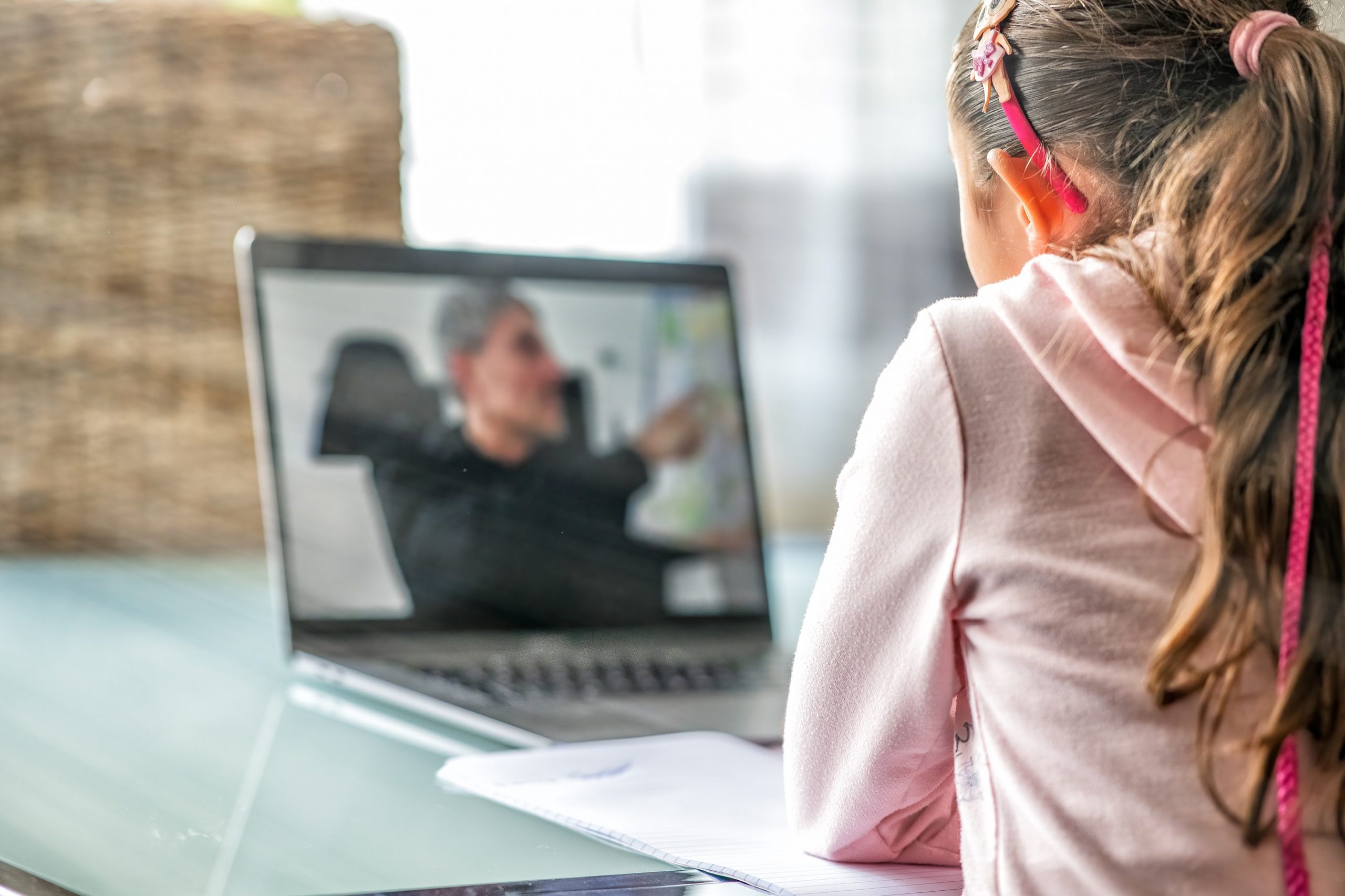The ministry said it would continue to impose precautionary measures to prevent a surge in Covid cases during the coming academic year.
Schools across Qatar will adopt the blended learning approach in the upcoming academic year, the Ministry of Education and Higher Education announced on Tuesday.
All public and private schools as well as kindergartens will open doors on August 29 with 50% attendance, in a decision made as part of ongoing efforts to deal with the global pandemic.
Though necessary to curb the spread of the coronavirus, the blended learning education system has sparked debate among parents after it was first introduced more than one year ago.
As cases continue to drop in Qatar, and with more than 90% of Qatar’s eligible population now receiving at least one dose of the Covid-19 vaccination, some parents are questioning whether the approach is now necessary.
Read also: 90% of eligible population receive first Covid-19 dose
“I completely disagree with this decision,” one mother told Doha News, noting some “children have fallen behind drastically and to start a new academic year at 50% capacity will only make it worse.
“The risks have been eased, why are we still operating at 50% capacity?” the mother-of-two added.
Tuesday’s decision comes as families continue to return to Qatar after spending the summer holiday abroad. With more people entering the country, there has been a slight increase in Covid-19 cases detected among travellers.
Speaking to Doha News, a father-of-three in Qatar said it may be time to return to normal school routines.
“Kids should be back to in person learning full time with precautions in place. Teachers are all vaccinated and Covid-19 numbers are low.
“However the government needs to introduce a mechanism to ensure children coming back from holiday actually quarantine. Right now there’s no way to know if they are,” he added, noting there are no measures in place on the Ehteraz app to document the status of quarantining children.
Another mother who spoke to Doha News said the latest strategy may work best for the time being, especially as more residents return home.
“I’m glad it’s blended as my kids won’t miss too much. I’m not ready to come back from holiday 10 days early just to do home quarantine.
“I think it should remain as blended until everyone is back and settled from the summer break,” she said.
However, “my only issue is it doesn’t say how long this strategy will remain in place. We should know more about what is expected to understand and navigate better,” she added.
As part of the decision, the ministry announced guidelines that should be followed to ensure pupils and staff remain safe.
Guidelines
Authorities said class capacity should be limited to a maximum of 15 students, while a distance of 1.5 meters between each student and their classmates should be maintained.
However, for schools that only have a small number of students, 100% attendance is allowed, provided that the number of students in one class does not exceed 15 students while maintaining a distance of 1.5 meters between students.
All classes above the first grade of primary school should also be committed to wearing face masks.
The ministry also emphasised a 50% capacity onboard all school buses and said the bubble system will continue to be used in all classrooms.
Students who suffer from diseases that prevent them from receiving education at school – as determined by the Ministry of Public Health – are excluded from attendance, provided that they continue to attend remotely, and those excluded from attendance must submit a recent medical certificate, approved by the health ministry.
For breaks, children must remain indoors and must eat their meals inside classrooms.
Morning assembly and group activities, such as excursions, camps and celebrations, cannot be held, noting only virtual events are allowed.
For students taking central and semester exams, this must be conducted inside the school building.
The ministry confirmed over 94% of the educational and administrative cadres in all educational institutions have received the vaccine. However, it urged all administrators and teachers to adhere to precautionary measures.
The country’s vaccination drive has been expanding to ensure the safety of the community as restrictions slowly lift.
Reports from the Ministry of Public Health show over 100 positive cases have been detected daily for the past two weeks.
In its daily Covid report on Monday, the ministry confirmed that 90.7% of the eligible population (12 years +) have received one dose, while 77.8% have completed the full course.
Almost 80% of the total population have received the full dose of the vaccine, taking the country closer to its vaccination target for the year.
Meanwhile, health officials are combining efforts to assure parents that the vaccine is safe for eligible children and extremely important for returning back to school and normal life.







